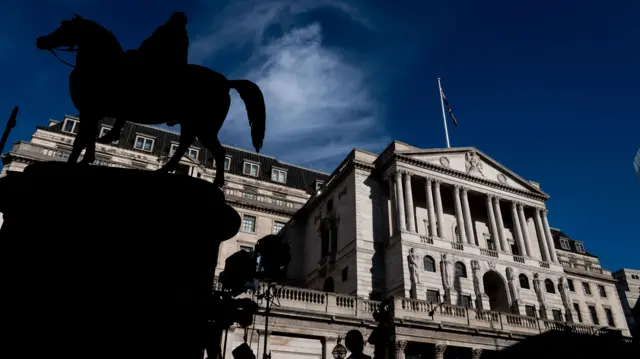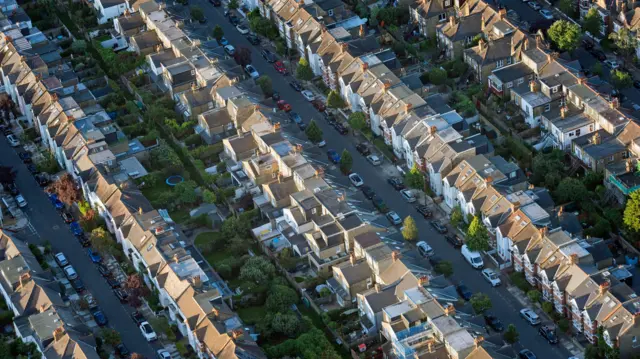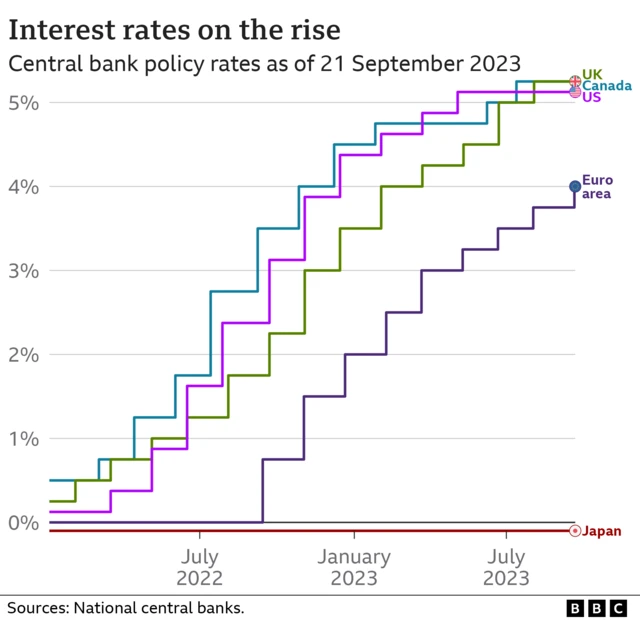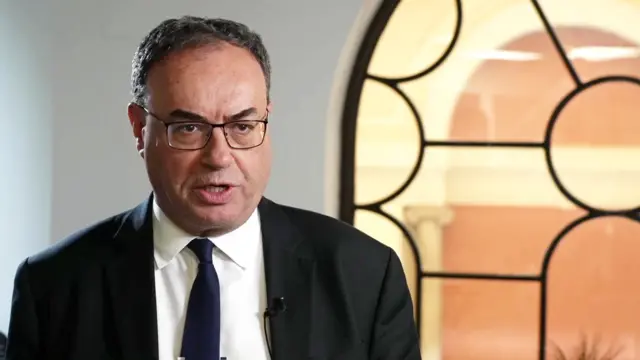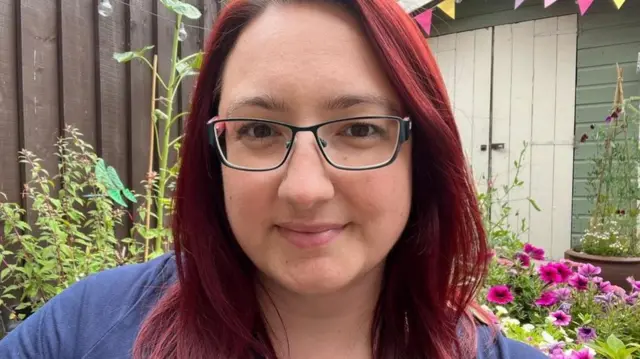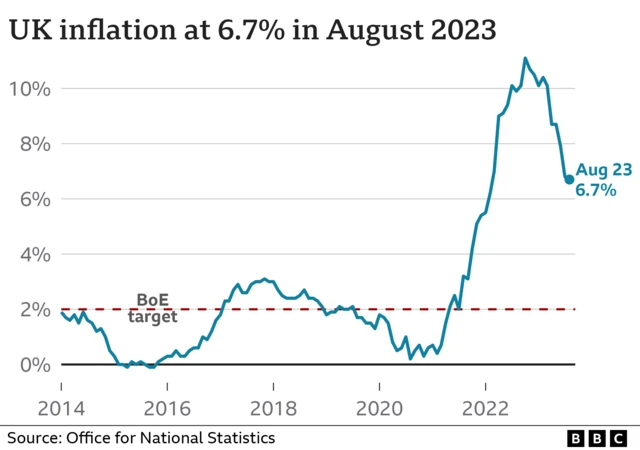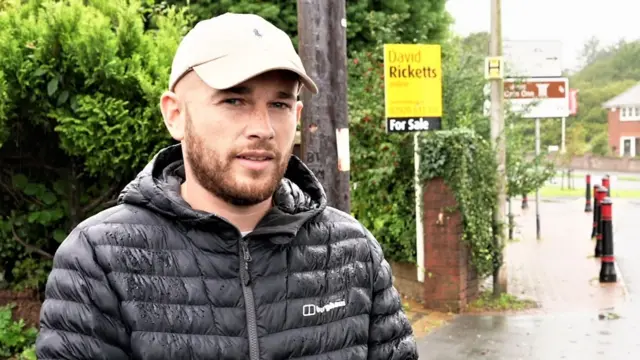Thanks for joining uspublished at 16:13 BST 21 September 2023
That brings us to the end of our live coverage of today's interest rate decision, but there's plenty to read if you want to know more:
- Our Business team's report on the move to keep rates at 5.25% is here
- Find out how high rates are hitting some mortage holders here
- Need a bit more explanation? Find out how interest rates affect you here and why the Bank of England changes them here
This coverage was bought to you by: Lora Jones, Michael Race, Rachel Russell, Ali Abbas Ahmadi, Andre Rhoden-Paul and Jamie Whitehead, Owen Amos, Heather Sharp and Nathan Williams.
